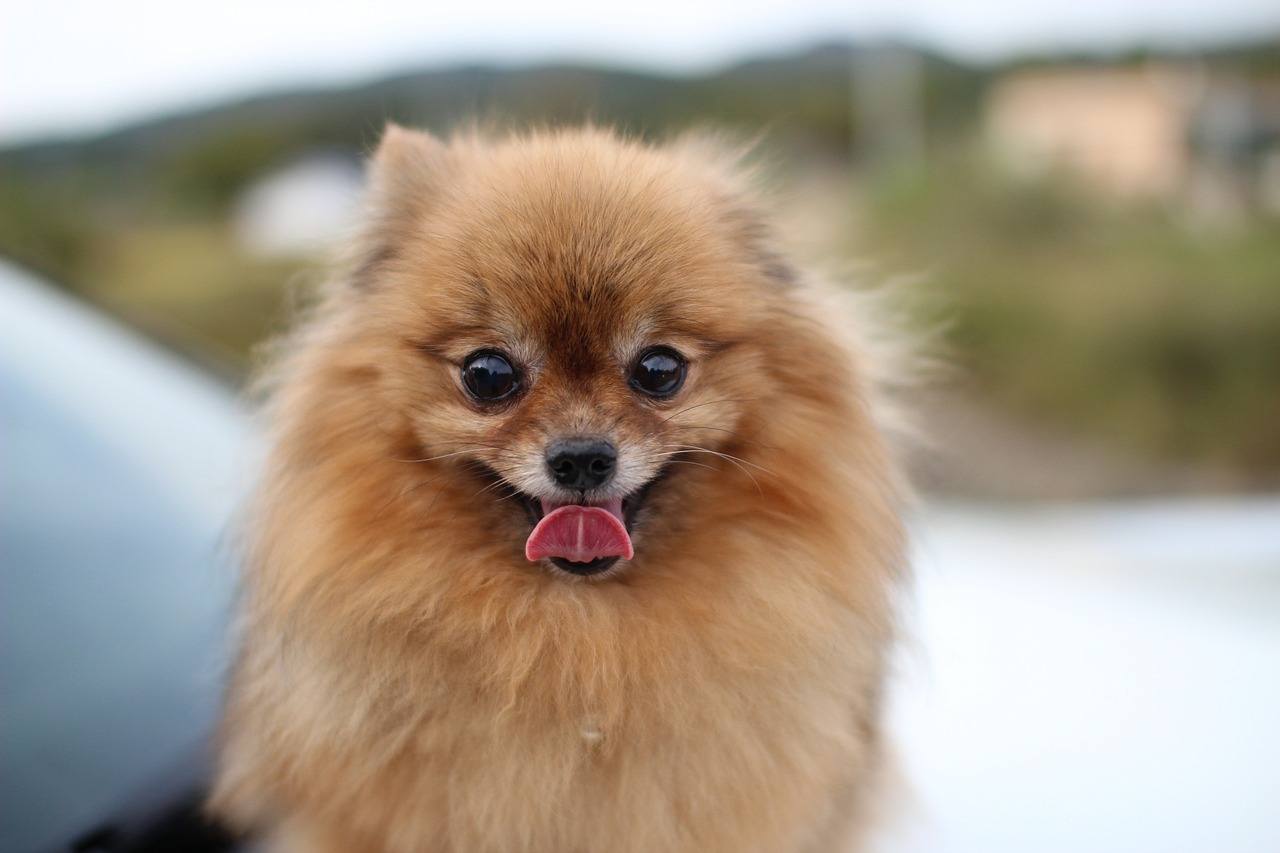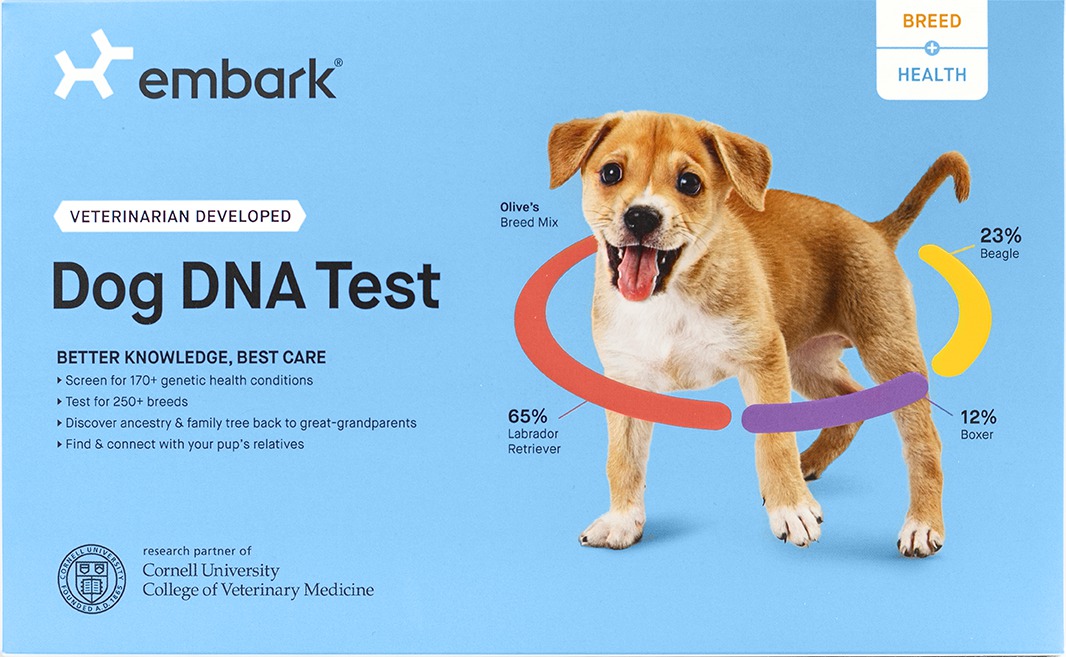How Much Does a Pomeranian Cost?
Pomeranians are a good choice if you like spirited, playful, and intelligent animals. They keep a watchful eye on everything around them, and they will not back down to a challenge despite their tiny size. Weighing in at only 5 to 7 lbs with a height of under a foot, they are cute little fur balls who often think they’re as big as you. As for purchase price, consider the following.
So how much does a Pomeranian puppy cost?
There’s a big price range for Pomeranians, and the price depends on a lot of factors. According to PuppyFind, prices can be as low as $500 and as high as $4,000. In general, though, Pomeranians cost $600-$1,500.
Should I get a purebred Pomeranian?
Decide what your intentions are for getting a Pomeranian in the first place. Do you want a show dog or a family pet? The breed-quality and look of the dog will affect the cost range pretty significantly. For example, blemishes or a “less-than-show” appearance can reduce the price significantly, while, on the other hand, fur with rare and exotic colors can bump the price tag up quite a bit.
Purebreds can be quite expensive but delightfully pretty and very distinguished looking (if you’re into that sort of thing). However, mixed breeds such as Pomeranian-Huskies can be unique and just as cool. If you’re thinking of buying a mixed-breed Pomeranian, just keep in mind that your pup will have personality characteristics from both breeds, which may be a special consideration if the dog will be around children.
Is age a factor in the price of a Pomeranian?
Age is another factor to consider. The prime time to purchase a puppy is around six to eight weeks old. At this point, they are weaned and able to adjust quickly to new surroundings. They will also draw the biggest price. The older the dog is, the lower the price will become.
Getting a good deal on Pomeranian by picking a good time and place.
Prices can vary depending on which state you get the dog from. Varying state regulations may subject the breeder or seller to higher fees, which then could be transferred over to the customer in some form.
Plus, there’s always the shipping cost. If you buy locally, you can obviously bring the dog home yourself. However, transporting your animal longer distances will cost you in gas to drive there, or you may pay the cost of a plane ticket to fly the dog home to you. All of this is quite common (just remember that flying can be stressful for dogs).
Seasons also affect availability and price. Demand typically drops through the winter months, so breeders often slash their prices, so they don’t get stuck with unsold litters. This may not apply in areas where the climate remains more moderate, but it can be a good way to get a cheaper puppy in areas with colder winters.

What about registration?
If you’re going to buy a Pomeranian, registration is something to keep in mind. Many unregistered animals are fine quality and have been cared for properly by the breeder.
However, registration with a good organization shows that certain rules and regulations have been followed. The two main registration organizations are the AKC and CKC registrations.
A few red flags…
Any price that seems exceptionally high or low is probably a red flag. Really low prices may mean something is wrong with the animal or that it came from a puppy mill. Really high prices may indicate a scam. So don’t be fooled by claims of special bloodlines from Queen Victoria’s dog and such.
Make sure to read the fine print of the deal offered by a breeder or seller. The price may not all be for the dog alone. It may also include a kit of sorts with grooming supplies, coupons, a kennel, etc. to get you started with the first month’s care, or perhaps even some things that were special to the dog.
Quick note on the care Pomeranians need...
Even after you have purchased your Pomeranian, there will be continued costs to take care of it. The fur is usually quite thick and sheds a lot. Regular grooming is always recommended. Otherwise, mats and tangles can form easily and cause discomfort to the animal.
There are also monthly costs for food and other general maintenance, plus periodic trips to the veterinarian. Pomeranians like to have toys or items they can claim as their own. This could even be a dog bed or specific area in the house you can designate.
Closing thoughts:
Pomeranians are typically very loyal dogs and are protective of their humans. However, they can be very territorial and often do not get along well with children who make sudden or quick movements. Pomeranians tend to bark a lot with a loud, shrill sound. Remember to be fair to both the dog as well as those sharing the same environment, and you will get the most out of your investment.



